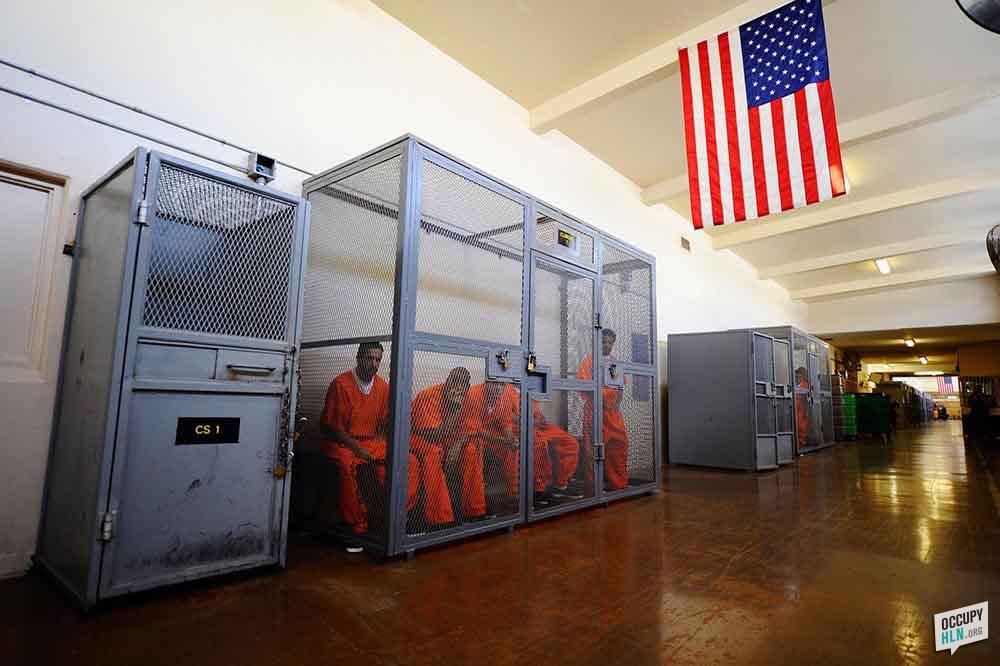I just interviewed Joseph Casias, the poor man with an inoperable brain tumor and sinus cancer so bad you can barely understand him when he speaks, who was fired in November by Wal-Mart after he tested positive for marijuana. For the last four months, Casias had been smoking marijuana, which was legally prescribed to him under Michigan state law, to ease his chronic pain – an alternative to the pain pills which he complained were habitual and had too many side affects. He never got high before coming to work; for the last five years he was so good at his job, that he was made Associate of the Year and was promoted late last year. He aspired to manager, even district manager, and knew that in in a city like Battle Creek where Wal-Mart is the employer, he was a blessed man.
When he was promoted, Casias — a 29-year-old husband and father of two children, ages 8 and 7 — was finally able to enroll in the Wal-Mart health plan. Up until then, he was one of the country’s 40-plus million uninsured. He told me every 6-month check-up is about $5,000 out-of-pocket. As a result, he is swimming in thousands of unpaid medical bills, and plagued by collection agencies. Getting health insurance was a big step forward for this man and his family. Losing a job in Michigan, which has the highest unemployment in the country, is a tremendous punch in the gut. “I gave them everything I got,” Casias told me.
And Wal-Mart took it — and now more. Conveniently for his employers, they won’t have to pay for his cancer treatment, because they fired him right after he enrolled in the health care plan. To all you people out there who say private industry can solve our health care crisis, I have a GM sedan to sell you. Wal-Mart even wanted to block this guy’s unemployment benefits!
I interviewed Casias as part of an upcoming piece (check back on Tuesday) on the local and state roadblocks facing the medical marijuana movement, but I was so mad when I got off the phone I had to write it out immediately. This is a man who doesn’t know how long he has to live, having to face his young children, fired from a job he worked so diligently and loyally at, for something he was told by the State of Michigan was legal. The fact that a Godzilla company like Wal-Mart, which shamelessly professes “family values” and offers this phony-baloney glossy-photo understanding for families struggling through the financial crisis, can arbitrarily fire a model employee, ignore state law (which was adopted by a referendum of the people!) and rip away his long-awaited enrollment into a legitimate health care plan — is nothing short of an abomination.





